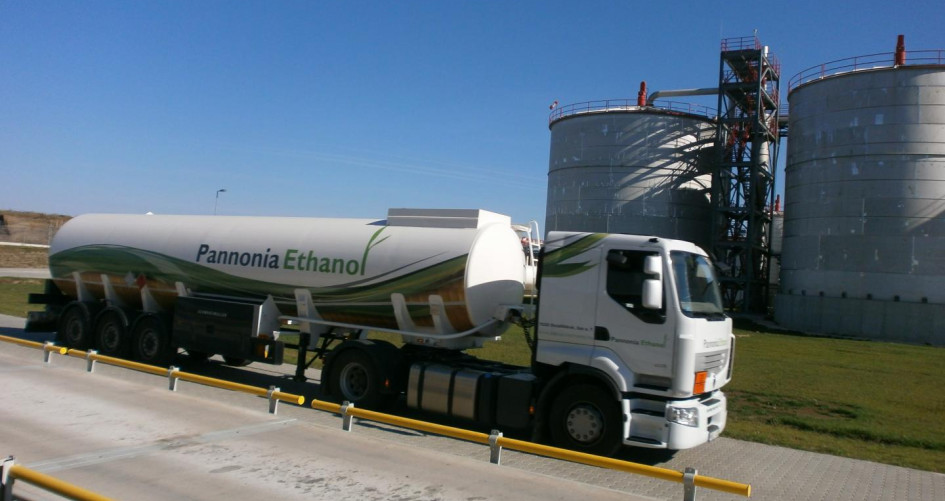By Eric Sievers, Climate Ethanol Alliance at COP 23
Transport is the second biggest source of greenhouse gas (GHG) emissions in the world, accounting for more than one fifth of all emissions. Progress in reducing these emissions is among the slowest of all sectors. Road transport is over 90% reliant on fossil oil and transport CO2 emissions are still growing. They grew by 2.5% annually between 2010 and 2015 globally and are on track to become the largest GHG emitting sector, especially in developed countries.
Transport needs to do a lot more in combating climate change. However, transport decarbonisation measures laid out in the national climate action plans (know as Nationally Determined Contributions, or "NDCs" under the Paris Agreement are not sufficiently ambitious to reach the well below 2 degree C target, according to the International Energy Agency (IEA). To reach that target, the IEA says the sector’s emissions must remain stable from 2015 to 2025 and decrease rapidly afterwards. For OECD countries they need to decline by 2.1% annually between 2015 and 2025.

One technology for tackling these emissions is ethanol. It is a proven clean technology available at the scale needed to tackle transport’s climate challenge. Ethanol cuts GHG emissions from petrol by more than half and is promoted by most major industrial nations in the world. And this performance is getting better all the time with continuous technology improvements. Some conventional ethanol currently on the market in Europe emits GHGs that are less than 10% of petrol’s. The carbon abatement cost of ethanol is the lowest among current technologies, including electrification (Roland Berger, 2016).
The internal combustion engine vehicle fleet is still growing and electrification will take time to make an impact on the car market. Vehicles on the road today, and the vast majority for decades ahead, are forecast to continue using oil. Transport’s main fuel will still be fossil-fuel based even in 2040. Modal shift, energy taxation, internalisation of the billions of dollars of negative externalities of oil, are insufficient to reach the Paris Agreement goals. In short, ethanol will be essential to mitigate the emissions of petrol for decades ahead.
The climate benefit of ethanol used as a transport fuel is increasingly recognised globally. The USA has for more than a decade had policies in place to increase the share of ethanol use. Brazil has the highest share of ethanol use globally, recently raising it to 27% of transport fuels. China has just announced that E10 (a blend of 10% ethanol in petrol) will be introduced by 2020. India is aiming at E10 by 2022.

Canada and other Asian and American countries are also following suit with similar measures presently under consideration. All told, the dominant trend around the globe is to increasingly rely on ethanol in transport in energy policies to combat climate change.
Global agriculture has recently entered the world of surpluses, characterized by low commodity prices. As the FAO puts it, food and fuel can be produced in parallel, it is time to move away from the food versus fuel false dichotomy. The co-product of crop-based ethanol is a protein rich animal feed (DDGS), which contains all the valuable components of the feed grain processed, ensuring that food, feed, fuel and other bio-based materials can be produced sustainably. Importantly, the ethanol production process does not produce any waste and its emission impacts on air and water are negligible.
In addition to climate benefits, ethanol production brings benefits to society in terms of rural development, job creation in disadvantaged rural communities, increased energy independence and reduced health impact including by lowering fine particles known as PMs. These non-climate benefits are important for political and social realities and further justify using ethanol. Throughout the world, surveys show strong support from the public for good biofuels such as ethanol. In short bioethanol is essential for decarbonizing transport until electrification or other new technologies reach scale, and it also brings significant social benefits for rural communities.
(The Climate Ethanol Alliance is supported internationally by Ethanol Europe Renewables and Marquis Energy. Eric Sievers is Investment Director of Ethanol Europe)
